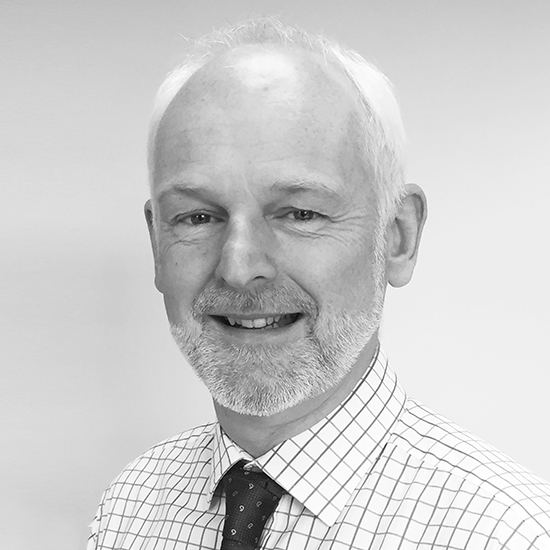People-centric business values
It takes a very strong commitment to human capital to run a business that delivers vital residential, educational and transitional leaving care services to society’s vulnerable children and young people. “Our asset is people,” CEO Paul Callander says. “It’s all about people.”
The company’s scaling operations cover 42 care homes, schools and transitional leaving care facilities across the country from the North West to Hampshire.
“Our investment and everything to do with our strategy and the direction our company is taking is about how we support all of our staff,” he explains. Horizon Care & Education has grown to a nationwide team of nearly 600 staff.
Investing in training to improve service
Callander says that about 15% of the company’s profits are ploughed back into training via its learning and development arm. Its in-house clinical psychiatrist and clinical psychology teams are engrained and completely embraced by the organisation across its three operating divisions and four regions, he says.
Crucially, the company’s Pace training programme equips its specialist teams to be able to deliver a therapeutics-based care support to children and young people.
Creating a viable operating culture
When Callander was hired by the company’s majority private equity owner Stage Capital in 2014, appointing a CEO mid-investment was somewhat unusual.
He set to addressing the organisation’s very low occupancy rates, uncontrolled costs, “flawed reputation” with local authorities and regulators, as well as its “dysfunctional relationship” with The Co-operative Bank. “To all intents and purposes, it was a bit of a mess,” he says.
In many PE-backed investments, the first senior hire in a turnaround situation might be a CFO. But Callander’s first appointment was ex-Priory Group’s Sarah Humphries, his director of HR and organisational development, who reports directly to him.
People-focused functioning organisation
Callander explains that organisational development is critically important when you’re running services by people for people. “Especially working in our field,” he says.
You’ve got to have the right sort of people in the right roles.
Paul Callander, Horizon Care & Education
Appointing Humphries helped us “fit properly and blend across the organisation right up and down the country,” says Callander. Humphries introduced a way of thinking into what was then a very siloed organisation that had to change culturally, he explains.
He calls Humphries his “cultural litmus”. This quality proved to be supportive when the company extended its care pathway and entered the transitional leaving care services with its late-2016 acquisition of Key2. The deal was funded from cash and a debt facility provided by the company’s “social care-friendly” lender Yorkshire Bank.
Robust revenue protection
Callander’s cultural and organisational models work because the business – exclusively commissioned by local authorities – has strong and sustainable revenues.
“With the public sector, you absolutely guarantee that you’ll be paid,” he says. “How much you get is a different question, but they pay.”
However, demand for children’s specialist care services far outstrips supply as increasingly more children are taken into social services care. “With such high demand, our service fees are about as Teflon-coated as it gets,” says Callander.

